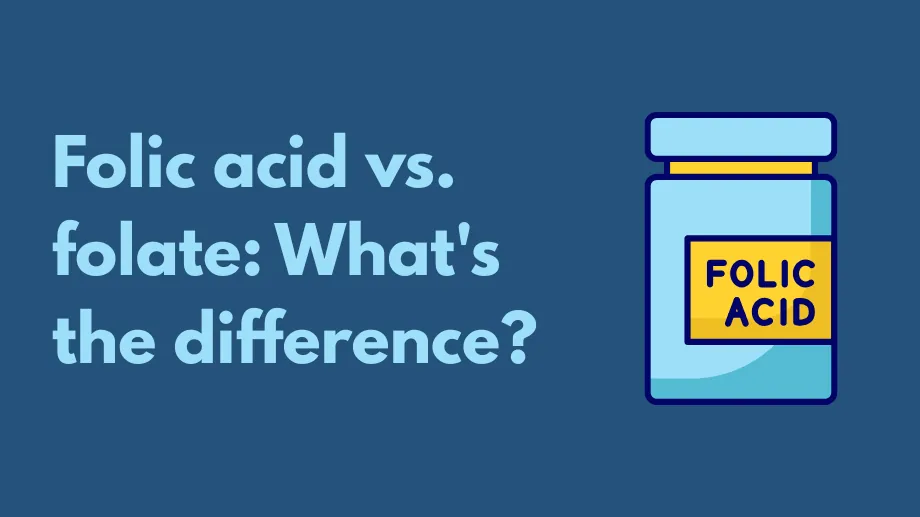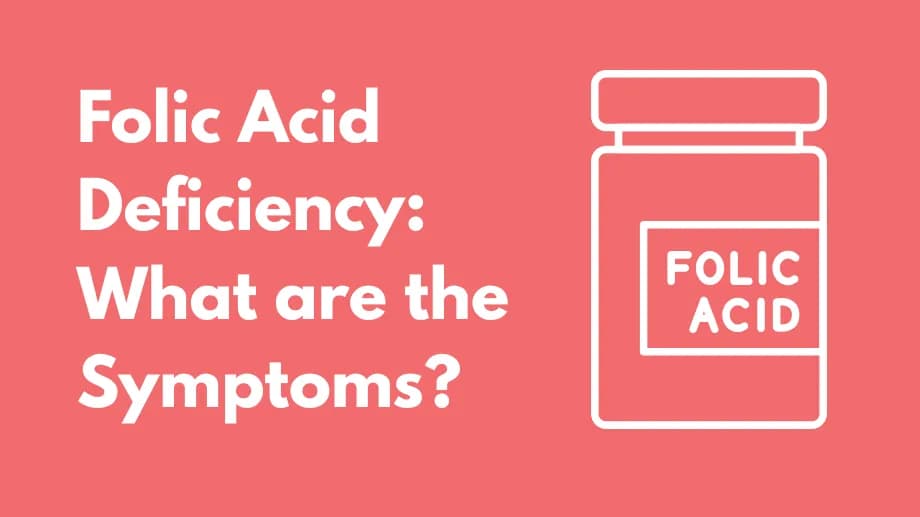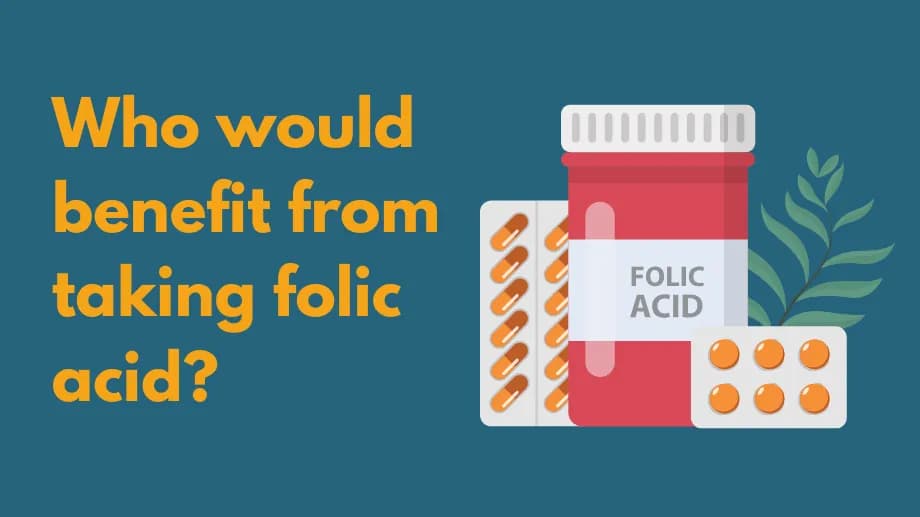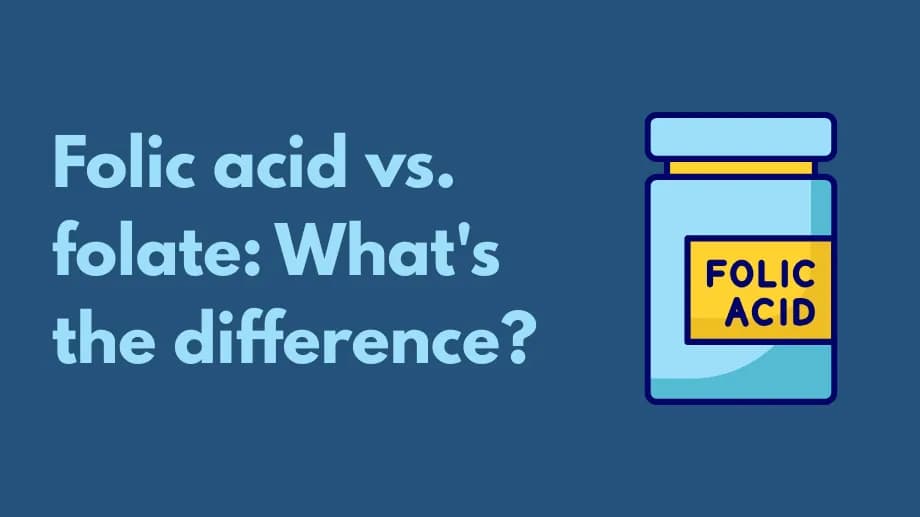Folic acid vs. folate: What’s the difference?

Understanding the difference between folic acid and folate, both forms of vitamin B9, is crucial for proper dietary planning and prevention of various health issues.
Understanding Vitamin B9
Vitamin B9, essential for many body functions including cell growth and DNA formation, comes in various forms including both folate and folic acid.
What are Folate and Folic Acid?
Folate is the natural form of vitamin B9 found in foods. Folic acid, however, is a synthetic form used in supplements and fortified foods.
Health Benefits and Risks
- Heart disease and stroke prevention: Folic acid supplements help reduce homocysteine levels, linked to heart problems.
- Neural tube defects: Adequate folate levels are critical during pregnancy to prevent birth defects of the brain and spine.
- Cancer risk: Low folate intake may be linked to increased cancer risk, though evidence is still inconclusive.
- Anemia: Folate deficiency can lead to megaloblastic anemia, affecting red blood cell health.
- Depression: Low folate levels can impair response to antidepressant therapies.
Folate vs Folic Acid Absorption
Folic acid is absorbed more efficiently by the body compared to natural folate, with about 85% absorption from fortified foods or supplements.
Recommended Daily Intake
The recommended dietary allowance (RDA) varies based on age, gender, and life stages such as pregnancy:
- Adults: 400 mcg of dietary folate equivalents (DFE).
- Pregnant women: 600 mcg DFE.
- Breastfeeding women: 500 mcg DFE.
- Children have varying needs based on age.
Rich Dietary Sources of Folate
Natural food sources of folate include:
- Legumes, leafy greens, asparagus, and seeds.
- Citrus fruits, beef liver, and fortified grains.
Safety and Side Effects
While generally safe, excessive intake of folic acid can lead to side effects such as nausea and can mask vitamin B12 deficiency symptoms.
Who Should Be Cautious?
People with cancer, vitamin B12 deficiency, or certain genetic conditions should consult with a healthcare provider before taking folic acid supplements.
Sources
- Centers for Disease Control and Prevention (CDC)
- National Institutes of Health Office of Dietary Supplements (NIH)


